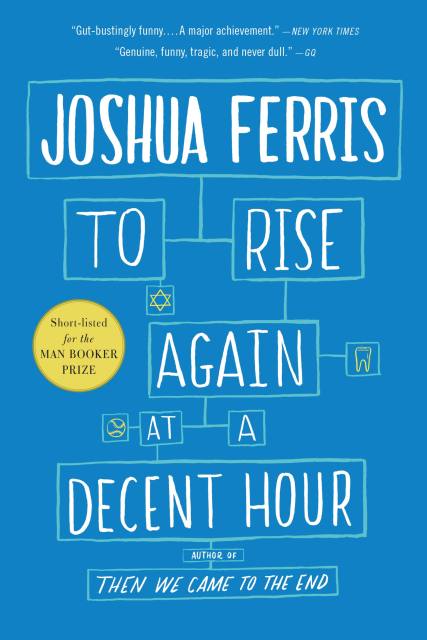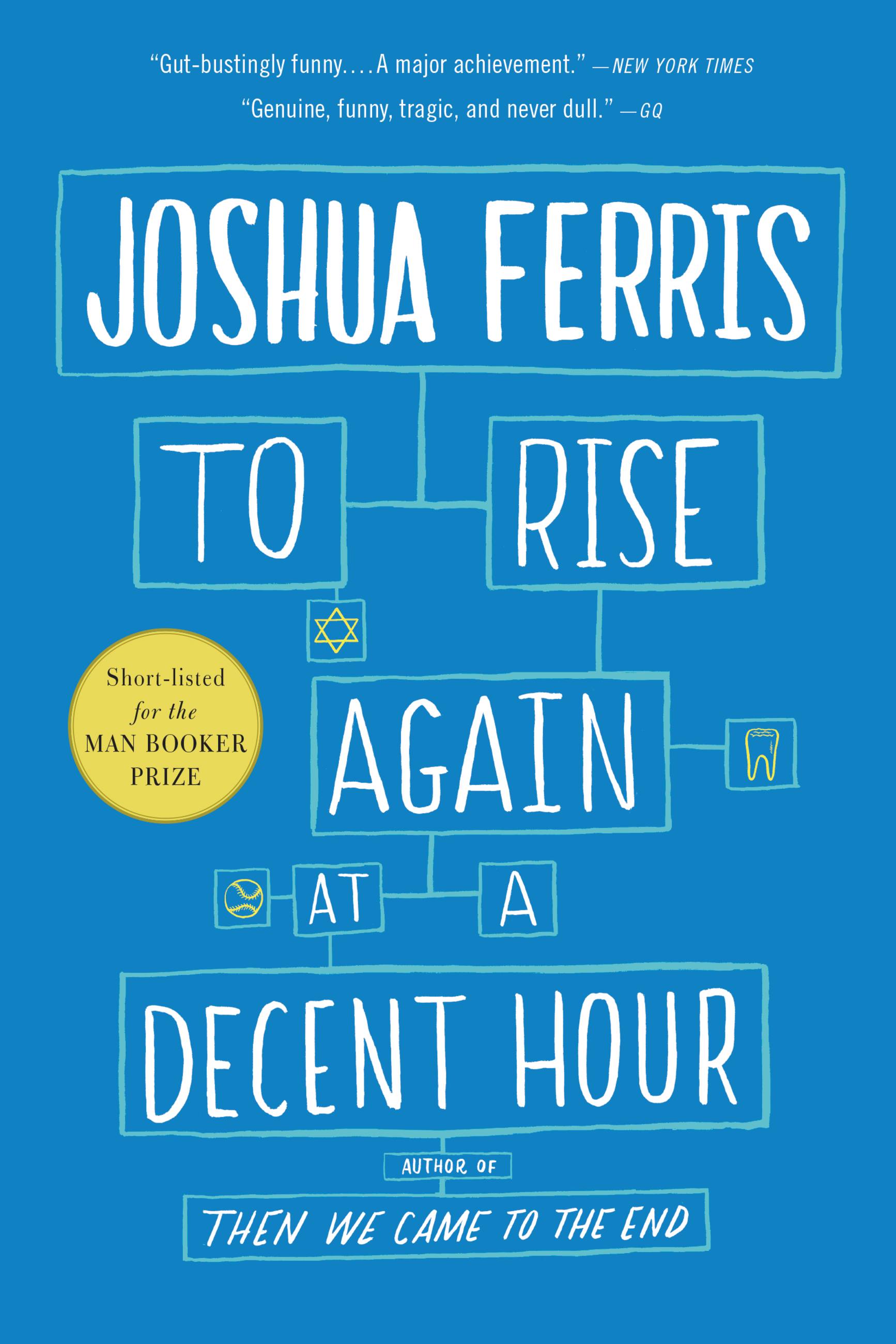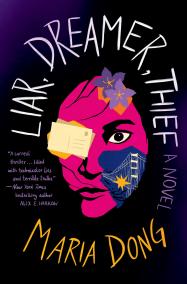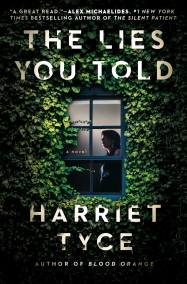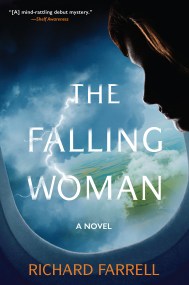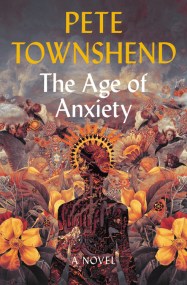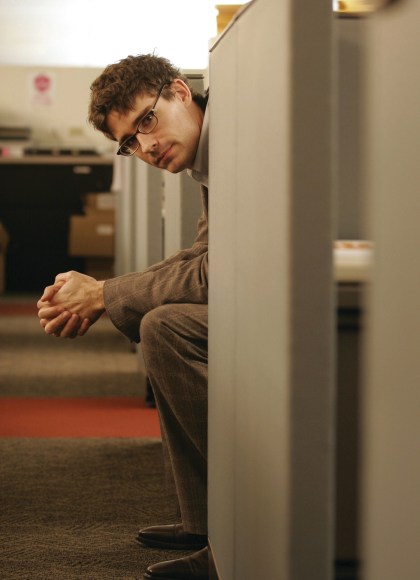Promotion
Use code MOM24 for 20% off site wide + free shipping over $45
To Rise Again at a Decent Hour
A Novel
Contributors
Formats and Prices
Price
$9.99Price
$11.99 CADFormat
Format:
- ebook $9.99 $11.99 CAD
- Audiobook Download (Unabridged)
- Trade Paperback $16.99 $22.99 CAD
This item is a preorder. Your payment method will be charged immediately, and the product is expected to ship on or around May 13, 2014. This date is subject to change due to shipping delays beyond our control.
Also available from:
Shortlisted for the Man Booker Prize, this big, brilliant, profoundly observed novel by National Book Award Finalist Joshua Ferris explores the absurdities of modern life and one man’s search for meaning.
Paul O’Rourke is a man made of contradictions: he loves the world, but doesn’t know how to live in it. He’s a Luddite addicted to his iPhone, a dentist with a nicotine habit, a rabid Red Sox fan devastated by their victories, and an atheist not quite willing to let go of God.
Then someone begins to impersonate Paul online, and he watches in horror as a website, a Facebook page, and a Twitter account are created in his name. What begins as an outrageous violation of his privacy soon becomes something more soul-frightening: the possibility that the online “Paul” might be a better version of the real thing.
As Paul’s quest to learn why his identity has been stolen deepens, he is forced to confront his troubled past and his uncertain future in a life disturbingly split between the real and the virtual.
At once laugh-out-loud funny about the absurdities of the modern world, and indelibly profound about the eternal questions of the meaning of life, love and truth, To Rise Again at a Decent Hour is a deeply moving and constantly surprising tour de force.
Paul O’Rourke is a man made of contradictions: he loves the world, but doesn’t know how to live in it. He’s a Luddite addicted to his iPhone, a dentist with a nicotine habit, a rabid Red Sox fan devastated by their victories, and an atheist not quite willing to let go of God.
Then someone begins to impersonate Paul online, and he watches in horror as a website, a Facebook page, and a Twitter account are created in his name. What begins as an outrageous violation of his privacy soon becomes something more soul-frightening: the possibility that the online “Paul” might be a better version of the real thing.
As Paul’s quest to learn why his identity has been stolen deepens, he is forced to confront his troubled past and his uncertain future in a life disturbingly split between the real and the virtual.
At once laugh-out-loud funny about the absurdities of the modern world, and indelibly profound about the eternal questions of the meaning of life, love and truth, To Rise Again at a Decent Hour is a deeply moving and constantly surprising tour de force.
Genre:
- On Sale
- May 13, 2014
- Page Count
- 352 pages
- Publisher
- Little, Brown and Company
- ISBN-13
- 9780316329132
Newsletter Signup
By clicking ‘Sign Up,’ I acknowledge that I have read and agree to Hachette Book Group’s Privacy Policy and Terms of Use
